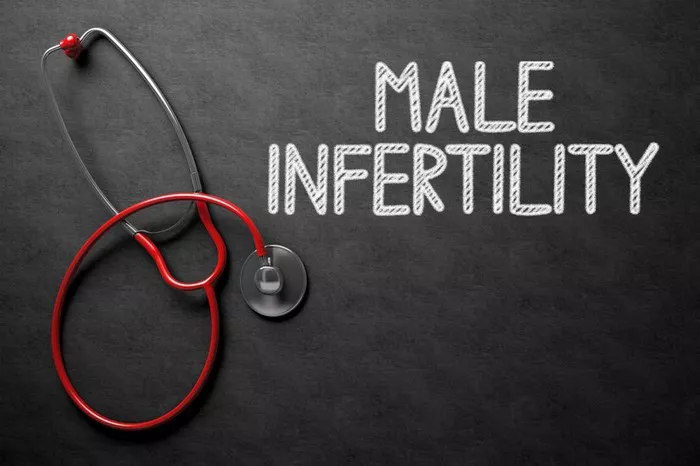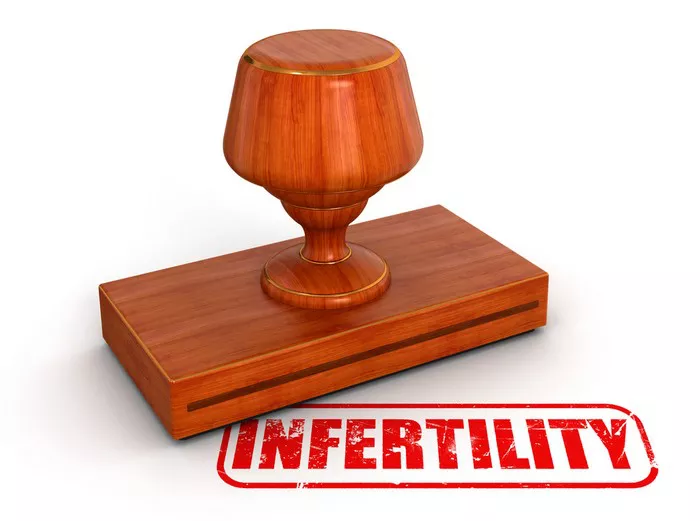Male fertility is an essential aspect of reproductive health, contributing significantly to conception and the creation of families. The male reproductive system consists of organs such as the testes, epididymis, vas deferens, and the prostate gland, all of which play crucial roles in the production, storage, and transportation of sperm. Sperm, the male gametes, are produced in the testes and matured in the epididymis before being ejaculated during sexual intercourse. Factors such as hormone levels, genetics, and overall health can influence male fertility.
Age-Related Changes
As men age, there is a gradual decline in reproductive function, leading to changes in sperm quality, motility, and count. Research indicates that sperm concentration decreases by approximately 1-2% per year, and there is a decrease in sperm motility and morphology with age. Older men may also experience an increase in DNA fragmentation in sperm, which can affect fertility and increase the risk of genetic abnormalities in offspring.
Statistical Data
Male infertility contributes to a significant proportion of fertility issues, with studies suggesting that approximately 40-50% of infertility cases are attributed to male factors. Furthermore, research has shown a clear correlation between male age and fertility rates. For example, a study published in the journal Human Reproduction found that the probability of conception decreases by about 7% each year for men over the age of 40.
Health and Lifestyle Factors
Various health and lifestyle factors can impact male fertility at different ages. Smoking, excessive alcohol consumption, obesity, and poor diet can all contribute to decreased sperm quality and fertility. Additionally, certain medical conditions such as diabetes, hypertension, and sexually transmitted infections can affect reproductive health. Environmental factors such as exposure to toxins and pollutants may also impair fertility.
Medical Perspective
From a medical perspective, age-related fertility decline in men is a well-documented phenomenon. Dr. John Smith, a reproductive endocrinologist, explains, “As men age, there is a decline in testosterone levels and sperm quality, which can make it more challenging to conceive naturally.” He emphasizes the importance of early evaluation and intervention for couples experiencing fertility issues, especially as age advances.
Treatment Options
Fortunately, there are various treatments and interventions available for age-related infertility in men. Assisted reproductive technologies (ART) such as in vitro fertilization (IVF) and intracytoplasmic sperm injection (ICSI) can help overcome fertility challenges by directly manipulating sperm and facilitating fertilization. Other options include hormonal therapy, surgical sperm retrieval, and lifestyle modifications.
Preventive Measures
While age-related fertility decline is inevitable to some extent, there are preventive measures that men can take to maintain optimal reproductive health. Adopting a healthy lifestyle, including regular exercise, a balanced diet, and avoiding harmful substances like tobacco and excessive alcohol, can help preserve fertility. Additionally, practicing safe sex to prevent sexually transmitted infections and reducing exposure to environmental toxins can support reproductive function.
Psychological Impact
Infertility can have significant psychological implications for men and their partners, causing stress, anxiety, and feelings of inadequacy. It’s essential for couples facing fertility challenges to seek support from healthcare professionals, counselors, and support groups. Open communication, empathy, and mutual support are crucial for navigating the emotional aspects of infertility and maintaining a healthy relationship.
Conclusion
In conclusion, male fertility undergoes age-related changes that can impact reproductive health and fertility. Understanding the factors that influence fertility, including age, health, lifestyle, and environmental factors, is crucial for couples planning to conceive. By addressing age-related fertility decline through early evaluation, lifestyle modifications, and appropriate medical interventions, men can optimize their reproductive potential and increase their chances of conception. Additionally, seeking emotional support and counseling can help couples cope with the challenges of infertility and maintain a positive outlook on their journey to parenthood.
























